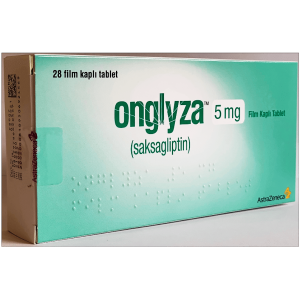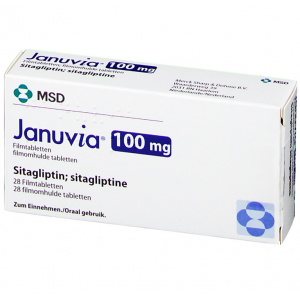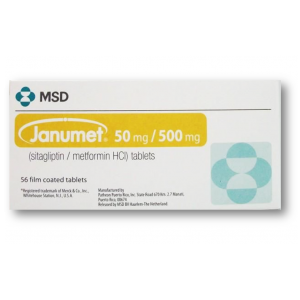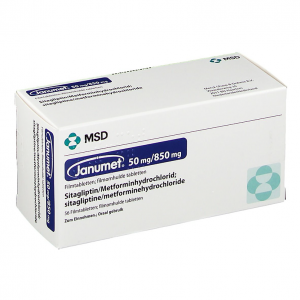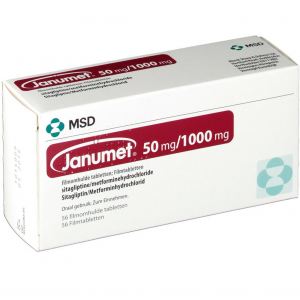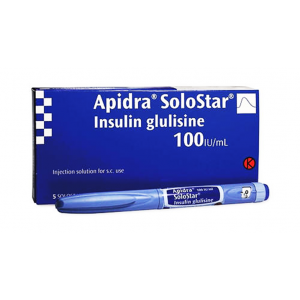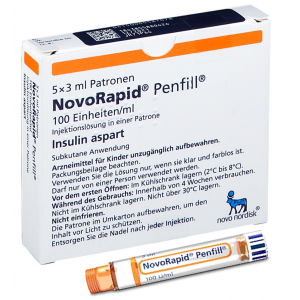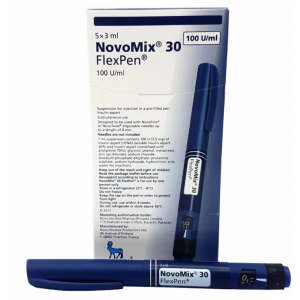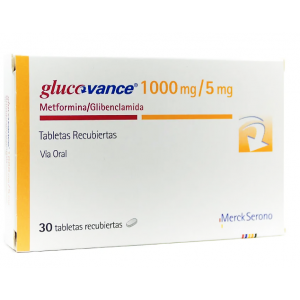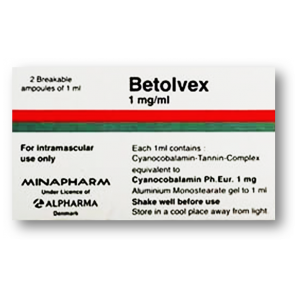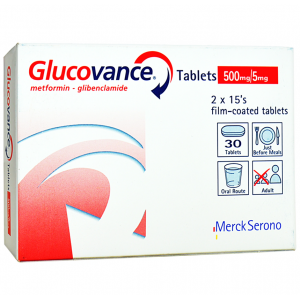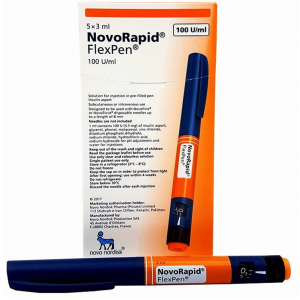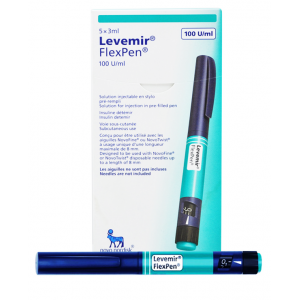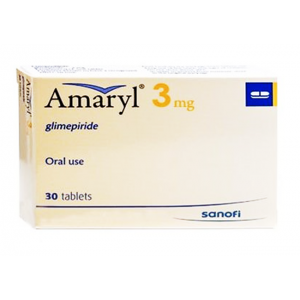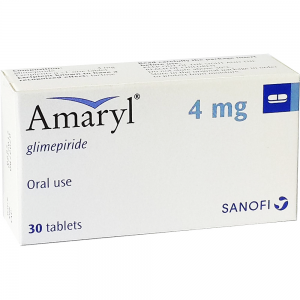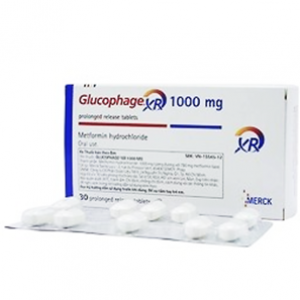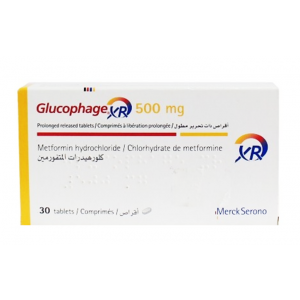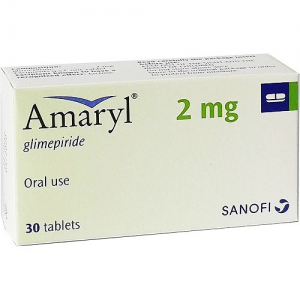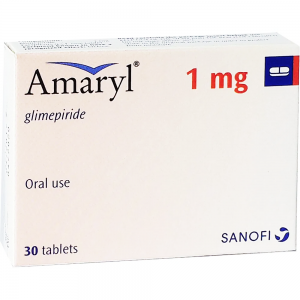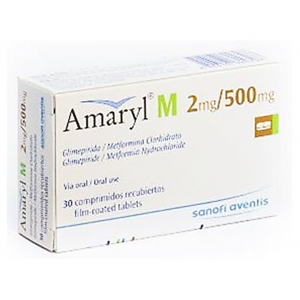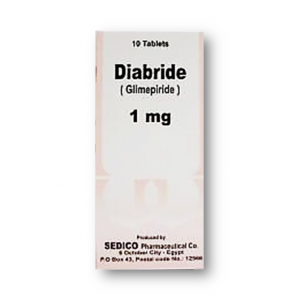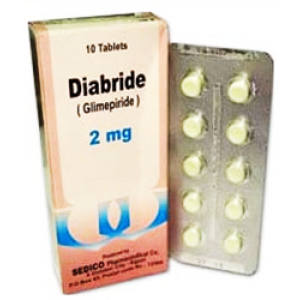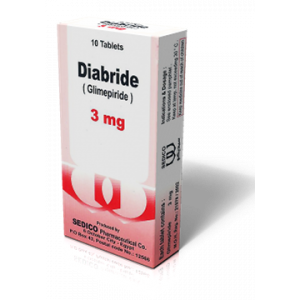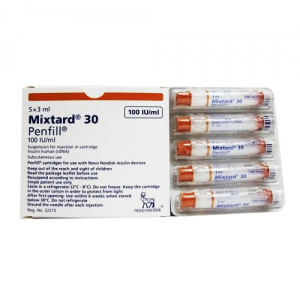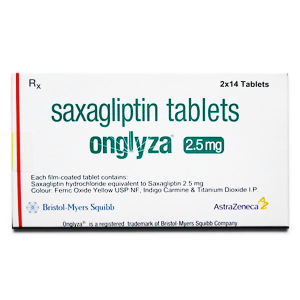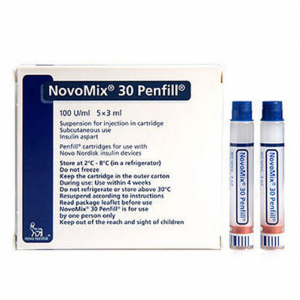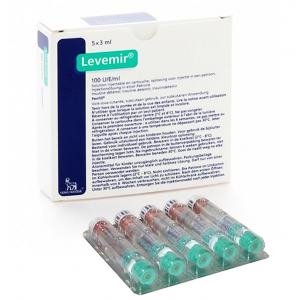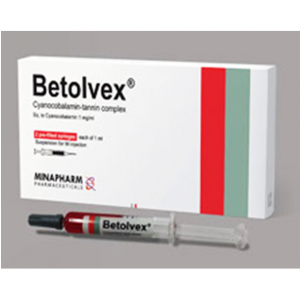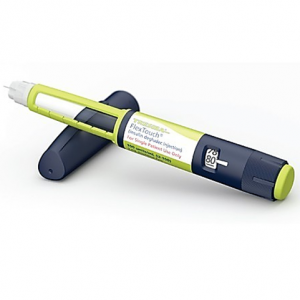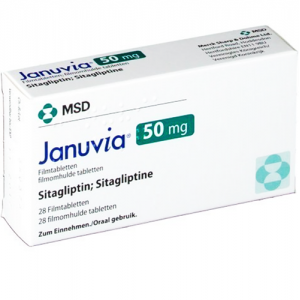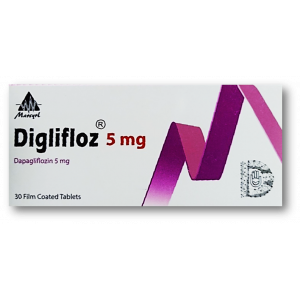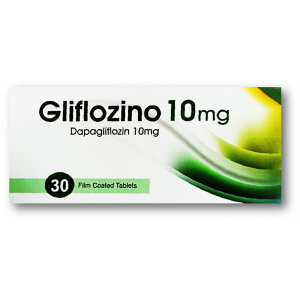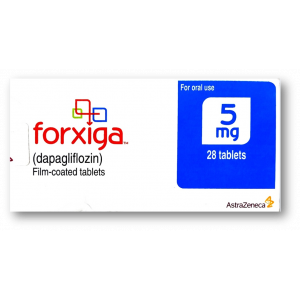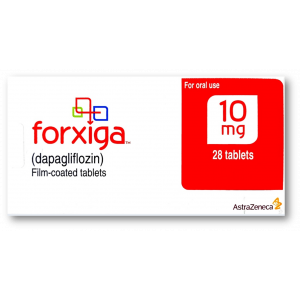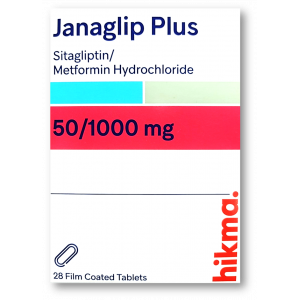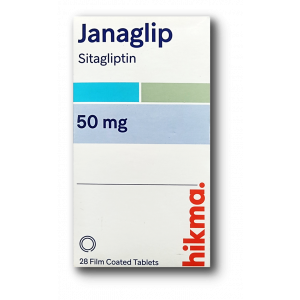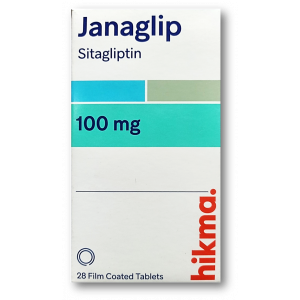- Anti-hestaminic & Respiratory Drugs (17)
- Anti-inflammatory Drugs (168) +-
- Baby & Mom (1211) +-
- Baby & Mom > Bath, skin & Hair > Skin Care > wibes (50)
- Beauty (2544) +-
- Beauty > Skin Care > whitening (259)
- Chemotherapy & Immune Response (469) +-
- Chemotherapy & Immune Response > ANTI-FUNGAL (4)
- Chemotherapy & Immune Response > Chemotherapeutic Agents > Hormone Antagonists >Enzyme Inhibitors (154)
- CIRCULATORY DISTURBANCE AGENTS (19)
- Diet & Fitness Products (203) +-
- DRUG AFFECTING CENTRAL NERVOUS SYSTEM (163)
- Drugs affecting CNS >Anti- epileptic (65)
-
Medical Supplies (469)
+-
- Chemicals & Disinfectants (17)
- Dental Supplies (27)
- Devices & Instruments (8)
- Diabetic Supplies (109)
- General Medical Supplies (21)
- I.V & Medical Solution (0)
- Intensive Care Unit & Anesthesia Supplies (0)
- Kindney Unit Supplies (12)
- Lab Supplies (1)
- Miscellaneous (22)
- Neonatal Unit Supplies (0)
- Operation Room Supplies (3)
- Sanitary (5)
- Sterilization Supplies (0)
- Surgical Sutures (3)
- Syringes (2)
-
Medicines & Health (2382)
+-
- Allergy & Sinus (91)
- Children's Health Care (52)
- Cough, Cold & Flu (275)
- Digestive Health & Nausea (201)
- Ear, Nose & Throat Care (159)
- Eye Care (114)
- Feminine Care (296)
- Foot Care (3)
- Orthopaedic Appliances (0)
- Pain Relief & Management (203)
- Pill Organizer (2)
- Skin Treatments (695)
- Sleep & Snoring Aids (0)
- Support & Braces (6)
- Medicines & health > Gout releif (41)
- Natural & Organic Products (70) +-
- OTC > Analgesics > Anti-inflammatory Drugs (42)
-
Personal Care (2836)
+-
- Bath & Body (214)
- Deodorant & Anti-perspirants (175)
- Ear, Nose & Throat Care (152)
- Eye Care (120)
- Feminine Care (333)
- Foot Care (11)
- Hair Care (374)
- Home Tests & Monitorings (16)
- Incontinence (7)
- Lip Care (19)
- Massage & Relaxation (18)
- Natural & Organic Personal Care (7)
- Oral Care (75)
- Pregnancy & Fertility (56)
- Shaving & Grooming (53)
- Sun Care (52)
- Prescribtion drugs > cardiovascular system > Hypertention drugs (320) +-
-
Prescription Drugs (2804)
+-
- Analgesics (170)
- Cardiovascular System (326)
- Drugs Affecting Musculoskeletal System (59)
- Drugs Used In Infections (49)
- Ear & Nose Drugs (2)
- Endocrine System (153)
- Gastrointestinal Tract (214)
- Gastrointestinal Tract (196)
- GYNECOLOGY (2)
- Miscellaneous (6)
- NEPHROLOGY > URINARY SYSTEM > RENAL DISORDERS > URINARY TRACT DISORDERS (22)
- NEUROLOGY (190)
- Nutrients & Blood Electrolytes (2)
- prescription drugs > cardiovascular system >Anti-hypertensive drugs (71)
- Prescription Drugs > Gastrointestinal Tract > Hepatology > Liver treatment (56)
- Respiratory System (115)
- SKIN > NAILS > HAIR > TOPICAL PREPARATIONS (29)
- Vaccines (1)
- Sexual Wellness (194) +-
- strong anti-emetic & adjuvent used with anti-neoplastic (0)
- Vitamins & Minerals Supplements (1049) +-
Ex Tax: 48EGP
Example
You can return the product within 14 days of purchase.
ReturnsYou can return the product within 14 days of purchase.

Cidophage Retard 850 mg ( Metformin Hydrochloride ) 60 tablets
What is metformin?
Metformin is an oral diabetes medicine that helps control blood sugar levels.
Metformin is used together with diet and exercise to improve blood sugar control in adults with type 2 diabetes mellitus.
Metformin is sometimes used together with insulin or other medications, but it is not for treating type 1 diabetes.
Important Information
You should not use metformin if you have severe kidney disease, metabolic acidosis, or diabetic ketoacidosis (call your doctor for treatment).
If you need to have any type of x-ray or CT scan using a dye that is injected into your veins, you may need to temporarily stop taking metformin.
Though extremely rare, you may develop lactic acidosis, a dangerous build-up of lactic acid in your blood. Call your doctor or get emergency medical help if you have unusual muscle pain, trouble breathing, stomach pain, dizziness, feeling cold, or feeling very weak or tired.
Before taking this medicine
You should not use metformin if you are allergic to it, or if you have:
severe kidney disease; or
metabolic acidosis or diabetic ketoacidosis (call your doctor for treatment).
If you need to have surgery or any type of x-ray or CT scan using a dye that is injected into your veins, you may need to temporarily stop taking metformin. Be sure your caregivers know ahead of time that you are using this medication.
Tell your doctor if you have ever had:
kidney disease (your kidney function may need to be checked before you take this medicine);
high ketone levels in your blood or urine;
heart disease, congestive heart failure;
liver disease; or
if you also use insulin, or other oral diabetes medications.
You may develop lactic acidosis, a dangerous build-up of lactic acid in your blood. This may be more likely if you have other medical conditions, a severe infection, chronic alcoholism, or if you are 65 or older. Ask your doctor about your risk.
Follow your doctor's instructions about using metformin if you are pregnant or you become pregnant. Controlling diabetes is very important during pregnancy, and having high blood sugar may cause complications in both the mother and the baby. Tell your doctor if you become pregnant while taking metformin.
Metformin may stimulate ovulation in a premenopausal woman and may increase the risk of unintended pregnancy. Talk to your doctor about your risk.
You should not breastfeed while using this medicine.
Metformin should not be given to a child younger than 10 years old. Some forms of metformin are not approved for use by anyone younger than 18 years old.
How should I take metformin?
Take metformin exactly as prescribed by your doctor. Follow all directions on your prescription label and read all medication guides or instruction sheets. Your doctor may occasionally change your dose. Use the medicine exactly as directed.
Take metformin with a meal, unless your doctor tells you otherwise. Some forms of metformin are taken only once daily with the evening meal. Follow your doctor's instructions.
Do not crush, chew, or break an extended-release tablet. Swallow it whole.
Measure liquid medicine carefully. Shake the oral suspension before you measure a dose. Use the dosing syringe provided, or use a medicine dose-measuring device (not a kitchen spoon).
Some tablets are made with a shell that is not absorbed or melted in the body. Part of this shell may appear in your stool. This is normal and will not make the medicine less effective.
You may have low blood sugar (hypoglycemia) and feel very hungry, dizzy, irritable, confused, anxious, or shaky. To quickly treat hypoglycemia, eat or drink a fast-acting source of sugar (fruit juice, hard candy, crackers, raisins, or non-diet soda).
Your doctor may prescribe a glucagon injection kit in case you have severe hypoglycemia. Be sure your family or close friends know how to give you this injection in an emergency.
Blood sugar levels can be affected by stress, illness, surgery, exercise, alcohol use, or skipping meals. Ask your doctor before changing your dose or medication schedule.
Metformin is only part of a complete treatment program that may also include diet, exercise, weight control, regular blood sugar testing, and special medical care. Follow your doctor's instructions very closely.
Store at room temperature away from moisture, heat, and light.
Your doctor may have you take extra vitamin B12 while you are taking this medicine. Take only the amount of vitamin B12 that your doctor has prescribed.
What happens if I miss a dose?
Take the medicine as soon as you can, but skip the missed dose if it is almost time for your next dose. Do not take two doses at one time.
What happens if I overdose?
Seek emergency medical attention or call the Poison Help line at 1-800-222-1222. An overdose can cause severe hypoglycemia or lactic acidosis.
What should I avoid while taking metformin?
Avoid drinking alcohol. It lowers blood sugar and may increase your risk of lactic acidosis.
Metformin side effects
Get emergency medical help if you have signs of an allergic reaction to metformin: hives; difficult breathing; swelling of your face, lips, tongue, or throat.
Some people using this medicine develop lactic acidosis, which can be fatal. Get emergency medical help if you have even mild symptoms such as:
unusual muscle pain;
feeling cold;
trouble breathing;
feeling dizzy, light-headed, tired, or very weak;
stomach pain, vomiting; or
slow or irregular heart rate.
Common metformin side effects may include:
low blood sugar;
nausea, upset stomach; or
diarrhea.
This is not a complete list of side effects and others may occur. Call your doctor for medical advice about side effects. You may report side effects to FDA at 1-800-FDA-1088.
What other drugs will affect metformin?
Many drugs can interact with metformin, making it less effective or increasing your risk of lactic acidosis. This includes prescription and over-the-counter medicines, vitamins, and herbal products. Not all possible interactions are listed here. Tell your doctor about all your current medicines and any medicine you start or stop using.
Further information
Remember, keep this and all other medicines out of the reach of children, never share your medicines with others, and use metformin only for the indication prescribed.
Always consult your healthcare provider to ensure the information displayed on this page applies to your personal circumstances.
Copyright 1996-2020 Cerner Multum, Inc. Version: 17.02.
Write a review
Your Name:Your Review: Note: HTML is not translated!
Rating: Bad Good
Enter the code in the box below:


